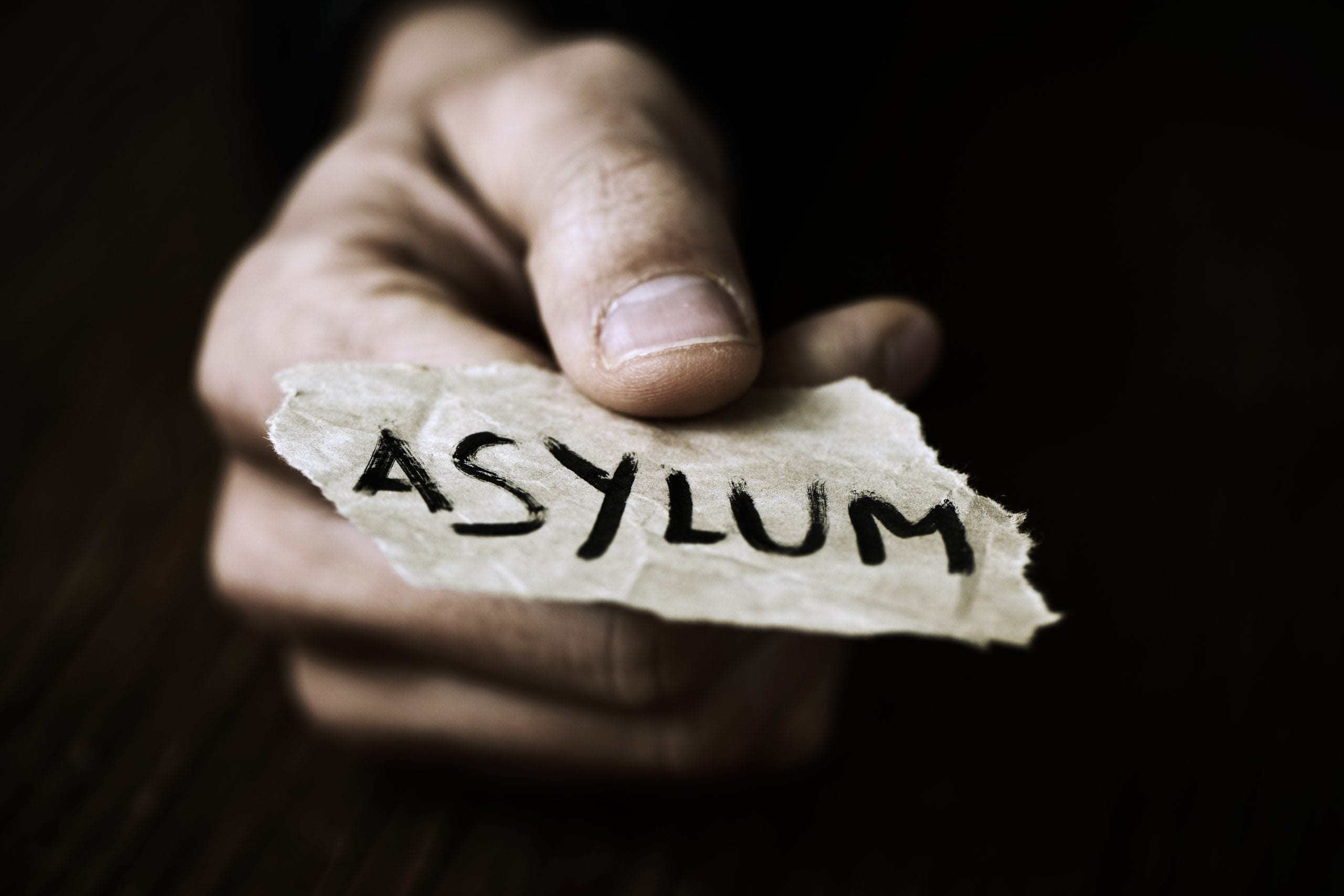WHY DO LGBT+ ASYLUM SEEKERS
AND REFUGEES NEED SUPPORT?
Why they need to leave their home countries
Far too many LGBT+ people continue to grow up in an atmosphere of hostility. A recent report* submitted to the UN found that same sex relationships remain criminalised in 67 member states of the United Nations, and that the death penalty is still applicable in 11 of these places. However, risks do not just come from the law and the police.
Many of the people who have applied for asylum in the UK on the grounds of their sexual orientation or gender identity have been threatened or attacked by members of their own family. Some lesbians have been subjected to so-called ‘corrective rape’ (this has been known to be organised by close family members), and we have met gay men whose partners were murdered (or who survived attempted murder themselves) in an attempt to defend ‘family honour’. Others have been attacked by mobs of neighbours, sometimes including people they have known all their lives.

*ILGA World: Lucas Ramon Mendos, Kellyn Botha, Rafael Carrano Lelis, Enrique López de la Peña, Ilia Savelev and Daron Tan, State-Sponsored Homophobia 2020: Global Legislation Overview Update (Geneva: ILGA, December 2020).
Why they need support during their asylum claim
The process of claiming asylum is adversarial. The Home Office seems to have a culture of disbelief, which means that reasonable tests aimed at identifying bogus cases might become insuperable hurdles. Home Office interviewers ask to see objective evidence of incidents that happened in claimants’ home countries.
For example, they might ask to see evidence that an attack was reported to the police, even in a country where the police would be more likely to perpetrate homophobic violence than protect people from it. In order to persuade the Home Office that their claims are well-founded it is usually necessary to demonstrate that claimants are integrated into the local LGBT+ community here in the UK. This is extremely difficult at the best of times, but has become even more challenging as a result of the pandemic.
LGBT+ asylum seekers can be particularly isolated while their cases are being considered. People who claim asylum on other grounds often arrive with their families or find support from members of their own community here in the UK. LGBT+ claimants are likely to be on their own and reluctant to meet people from the countries they have fled for fear that they will share the hostile attitudes that have caused them to flee. In some cases, LGBT+ people have been subjected to harrassment from other asylum seekers in the accommodation where they have been placed.
Why they need support after being granted Leave to Remain
Being granted Leave to Remain does not bring an end to the difficulties. While they are waiting for a decision, asylum seekers are not allowed to work and are rarely allowed to attend college courses. It is therefore extremely difficult for them to enter the labour market immediately after being granted asylum.
If they have been in Home Office asylum accommodation they have to leave at short notice. Since most LGBT+ asylum seekers are single they are unlikely to qualify for housing support from local government. In 2020 Time to be Out set up a new project, Next Steps, to help at this stage of the process.

